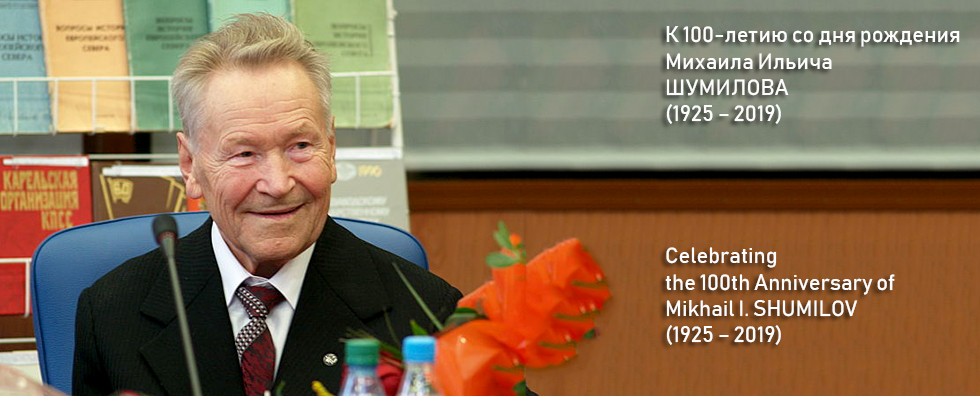
Publication Ethics
It is necessary that all parties participating in the process of publication for the journal StudArctic Forum, meaning authors, reviewers, members of the editorial team and publisher, agree upon standards of expected ethical behavior.
The publishing ethics and malpractice policies of the journal StudArctic Forum follow the relevant COPE guidelines and in case a malpractice is suspected, journal editors will act in accordance with them.
1. Authorship and transparency
By submitting a paper, the authors confirm their authorship of the submitted article. The journal does not require all authors of a research paper to sign the letter of submission. Submission is taken by the journal to mean that all the listed authors have agreed all of the contents.
Those submitting papers should carefully check that all those whose work (in research or writing) contributed to the paper are acknowledged as contributing authors. No one who made a meaningful contribution to the article should be left out and each author should have participated sufficiently in the work to take public responsibility for the content of the article.
Funding for any type of publication should be stated within the publication. Other sources of support for publications should be clearly identified in the manuscript, usually in an acknowledgement. Authors should make full acknowledgement of colleagues and other researchers who have made a meaningful contribution to the paper submitted for publication.
Authors should ensure that they clearly cite, reference and acknowledge all instances where they have used or been influenced by the work of others, including their own previously published articles and research material. Any form of plagiarism will not be tolerated.
Self plagiarism (redundant publication) also must be avoided. Authors must inform the editors of the journal about any related papers by any of the authors of the article that have been submitted to other journals.
2. First publication and copyright
Original research articles submitted to the Voprosy onomastiki (Problems of onomastics) must not have been published as copyrighted material elsewhere. Manuscripts under consideration by the Voprosy onomastiki (Problems of onomastics) should not be submitted for review by other publication. If an article reproduces research material, tables, images, the author must seek permission to use that material and fully acknowledge the owner and/or copyright owner of that material.
By submitting a manuscript, the author agrees to accept the journal's copyright policy (see Copyright and License Statement).
3. Dishonesty and libel
Authors must use their best endeavours to ensure the material that they submit contains no fictitious data, reference omissions, or false statements. When the authors discover a significant error or inaccuracy in their own published work, it is the authors' obligation to promptly notify the journal editor and cooperate with the editor to retract or correct the paper.
Authors should avoid the use of personal, critical, or disparaging remarks and accusations against fellow researchers, colleagues or other individuals.
4. Peer-reviewing
Reviewers should evaluate manuscripts for their intellectual content without regard to race, gender, sexual orientation, religious belief, ethnic origin, citizenship, or political philosophy of the authors.
The editor and any editorial staff must not disclose any information about a submitted manuscript to anyone other than the corresponding author, reviewers, potential reviewers, other editorial advisers, and the publisher, as appropriate.
Reviewers should have no conflict of interest with respect to the research, the authors and/or the research founders.
Reviews should be conducted objectively. Personal criticism of the author is inappropriate. Referees should express their views clearly with supporting arguments.
Reviewers should identify relevant published work that has not been cited by the authors. Any statement that an observation, derivation, or argument had been previously reported should be accompanied by the relevant citation. A reviewer should also call to the editor's attention any substantial similarity or overlap between the manuscript under consideration and any other published paper of which they have personal knowledge.
5. Editors’ responsibilities
Editors have sole responsibility for acceptance or rejection of a manuscript. Manuscripts should have peer review, but the editors may reject or accept for cause (inappropriate for journal, clearly of poor quality, contents previously published elsewhere, etc.). Editors should only accept a paper when reasonably certain.
Editors should guarantee the quality of the papers and the integrity of the academic record and be willing to publish corrections, clarifications, retractions and apologies when needed.
Editors should have no conflict of interest with respect to articles they reject or accept.
Editors should preserve anonymity of reviewers.
Editors should ensure that all research material they publish conforms to internationally accepted ethical guidelines.


